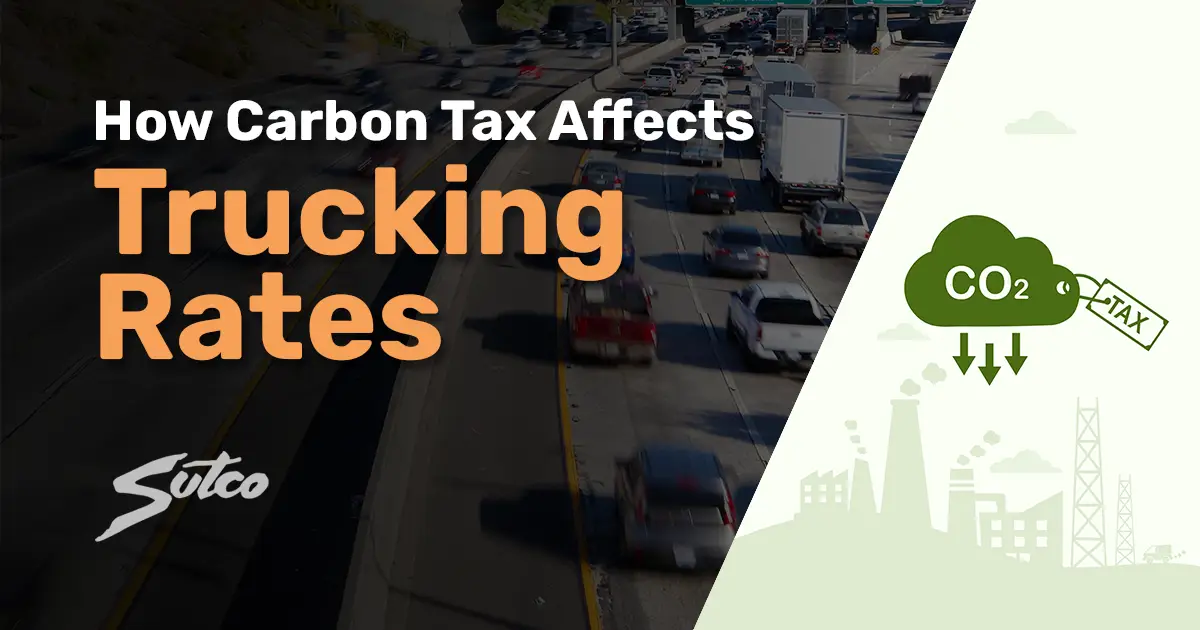Understanding Carbon Tax
A carbon tax is a fee imposed on the burning of carbon-based fuels like coal, oil, and gas. The goal is to encourage businesses and consumers to reduce their carbon footprint by shifting towards greener alternatives or improving energy efficiency. The tax is typically levied per ton of carbon dioxide emitted, which translates into an additional cost per liter or gallon of fuel consumed.
Impact on Trucking Rates
Trucking companies operate on thin margins and are sensitive to changes in operating costs. Fuel is one of the largest expenses for these companies, and a tax on carbon directly increases this cost. For example, in Canada, the federal carbon pricing system has set a tax rate that varies by province. As of April 1, 2024, the rates for diesel are set to 21.39 cents per liter in British Columbia going up 23% from 2023.
These additional charges are above and beyond other provincial and federal taxes on fuel, leading to a significant increase in the cost of diesel. The Canadian Trucking Alliance estimates that the carbon tax could add approximately $12,000 in operating costs per truck annually, with this figure calculated to rise each year through 2030 to double what it is today.
Consequences for the Economy
The increased costs for trucking companies due to this tax are often passed on to consumers in the form of higher prices for goods. This can lead to inflationary pressures in the economy, affecting the cost of living. Moreover, the competitive landscape may shift, favoring larger companies that can absorb the costs more easily than smaller operators.
Looking Ahead
While the carbon tax poses challenges for the trucking industry, it also serves as an incentive for innovation and the adoption of cleaner technologies. Companies like Sutco Transportation are exploring more fuel-efficient vehicles, alternative fuels, and logistical improvements to mitigate the impact of the tax.



